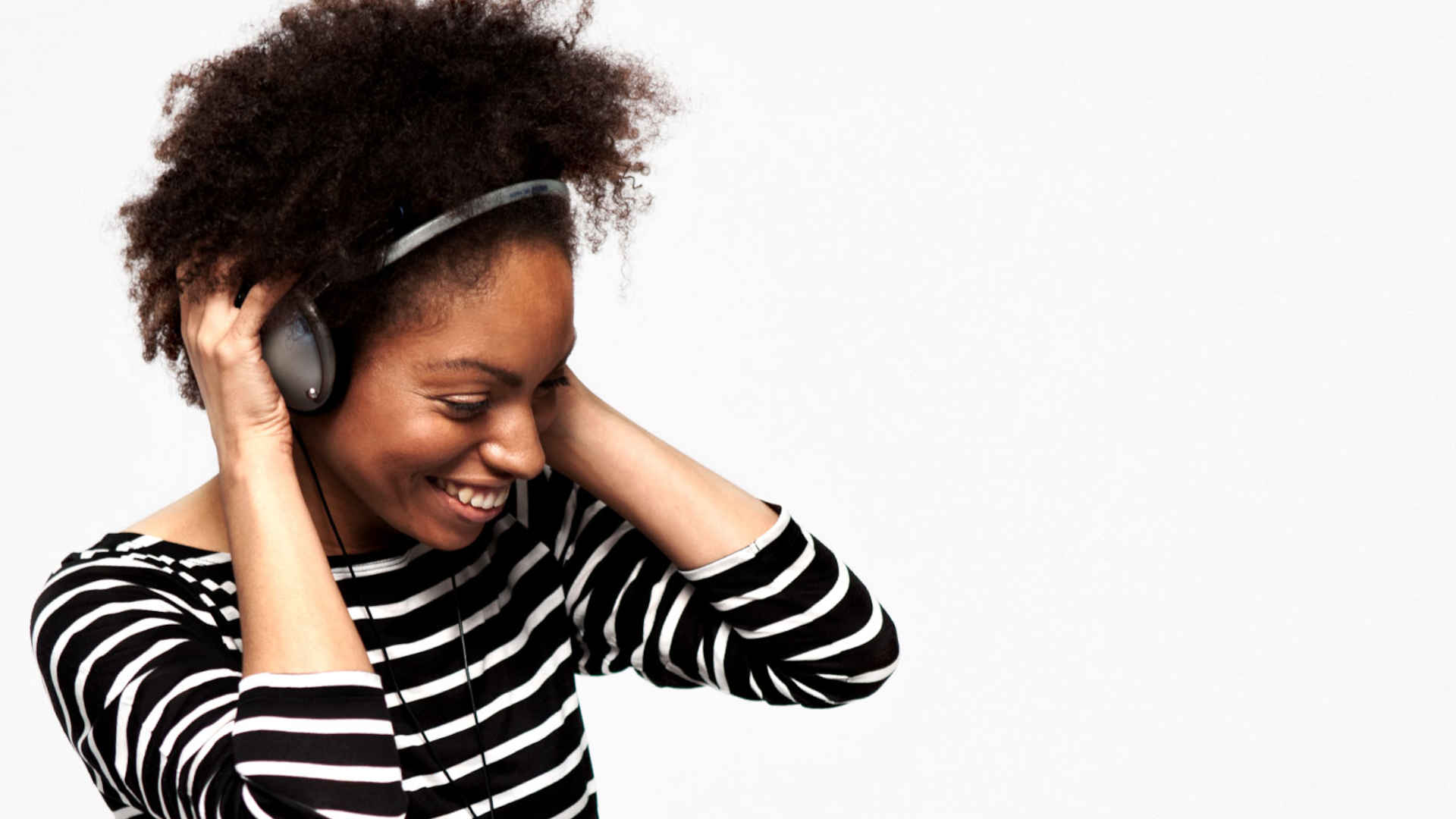
Which headphones are safest for my hearing?
Finding the best headphones for your ears and your hearing can be a complex matter. Should you get big ones or small ones? How do they affect your hearing? Can headphones cause hearing loss? Here’s a short Q&A to answer your most pressing questions.
Can I get hearing loss from headphones?
A lot of factors play into the risk of hearing loss from using headphones. There’s how long you’re listening, the intensity of the audio (type of music, spoken word, movies) and external noise – external noise tends to lead to higher listening volumes.
The problem is, of course, measuring the volumes. And the body is unfortunately good at withstanding very high sound pressures without immediately telling us that something is wrong. The main reason listeners of all ages turn up the volume is to block out distracting background noise – so making sure that you keep an eye on the background noise level is very important.
And remember that noise-induced hearing loss can be sneaky, especially for damage caused by prolonged sound exposure from headphones.
Which headphones are best for my ears?
First, it depends on what you prefer. But there are generally three types of headphones.
- Open headphones have perforated cups, which means some of the sound escapes. In theory, that keeps the volume from being too loud. But, in reality, it often means that the user will tend to turn up the volume in very noisy environments.
- Closed headphones have good external sound isolation, which means you can control the volume level a lot better because the background noise is automatically less intense.
- In-ear headphones have very good external sound isolation. They are a safe choice as long as you keep them at reasonable volume levels. In contrast, when you use them incorrectly, they can cause major damage to your ears.
Are cheap headphones more dangerous for your hearing?
Most high-end headphones have had rigorous testing done and adhere to stiff regulations and standards. This is not always the case for cheaper brands. Another issue with cheaper headphones is that in order to hear the finer details of the sound you have to turn up the volume – which can eventually lead to noise-induced hearing loss.
Are there regulations for how loud headphones can be?
Yes and no – there are regulations in place for how loud “portable music players” such as iPods can be. This limit isn’t necessarily followed if you aren’t using the headphones that came with the device. Some headphones will have a higher efficiency and others will have a lower efficiency. Even though regulations are moving in the right direction, they’re still not bulletproof.
3 things you should look for in new headphones
- Comfort. Chances are that you’ll spend a lot of time with your new headphones, and making sure that you have a good comfortable fit reduces the need for excessive volume.
- Audio quality. The better the audio quality, the more you’ll enjoy them. You also won’t need to turn the volume up just to hear the details.
- Intended use. Make sure that your choice of headphones matches the intended use – whether you are using them on-the-go, at home, or in a noisy place.
I have a hearing loss – which headphones should I use?
If you have a hearing loss, you’re probably wearing hearing aids. Lots of hearing aids can connect to music players, radio and TV alike and deliver the sound straight to your hearing aids. This type of streaming will always reflect your hearing loss, so you get an optimal listening experience. Just remember to keep the volume at a safe level.
Some headphones can also be adjusted from an app to give you more sound frequencies and reflect your hearing loss. That way you don’t have to turn up all the sounds to hear the ones you are missing, but you can focus on the frequencies you need.
If you’re not wearing hearing aids yet, we recommend that you get your hearing tested at a clinic and get a hearing aid trial.
For additional insights, check out this article "How Not to Go Deaf from Headphone Listening" by SoundStageSolo and our very own Audiology Director of Education and Training for Widex.